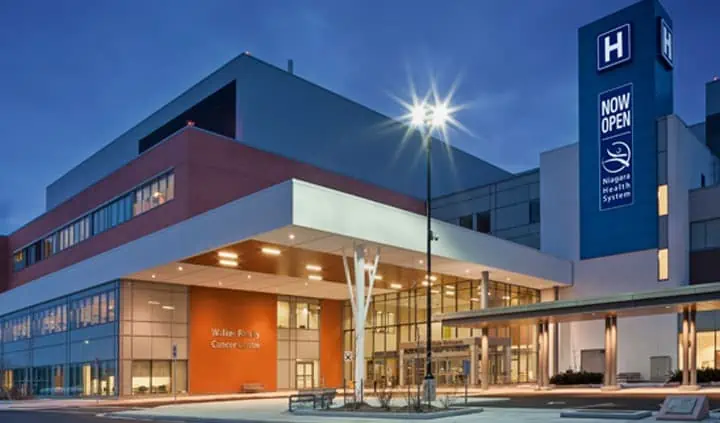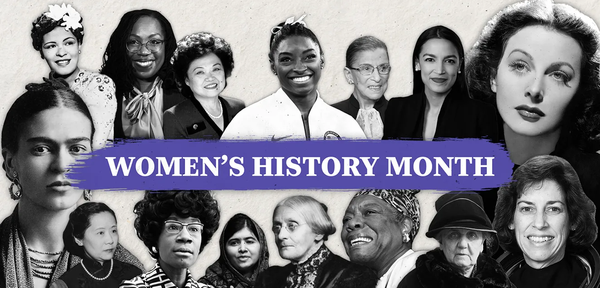Putting Healthcare Privilege in Perspective: An Overview of Health Crises in Niagara & What YOU Can Do!
By Rawnie Sun’25 and Safiya Ahmed ’27, Head Editor-in-Chief and Staff Writer; Edited by Rebecca Liu ’25, Head Editor-in-Chief

At Ridley, we have the privilege to stop by the health centre to pick up medication, get a Band-Aid, or even try and get out of sport (Don’t do this! Go to your classes and sports — they’re good for you). However, over 160,000 individuals in the Niagara region do not have this privilege. The Niagara Region has a shortage of 81 doctors, causing the Niagara region to face widespread health crises, such as rising rates of amputations, overdoses, addictions, and homelessness.
While the region grapples with its doctor shortage, current doctors are being overwhelmed by an aging population and increasing opioid addiction and mental illness rates. Family doctors are especially important in this aspect: “A family doctor is someone who has the privilege of staying with you from birth/childhood to adulthood,” says Doctor Iram Ahmed, part of the Niagara North Family Health Team and mom to Safiya Ahmed ‘27.
A contributing factor to this issue is the lack of adjustment to the salaries of family physicians amid rising costs nationwide. “We are, at the end of the day, small business owners,” says Dr. Ahmed. “We have the same rising costs that all small business owners are facing: increased rent, increased utilities, cost of supplies, staff salaries. When your compensation is not keeping up with that, then overall you're running a failing business model.”
“As the child of two family physicians, I have witnessed firsthand the effects of the doctor shortage, from both the perspective of doctors and patients. Especially during COVID, my parents’ workload became significantly heavier and more difficult to manage. My parents frequently have to turn patients down due to a lack of room in their practices, which leaves so many Niagara residents without doctors. Also, I have seen many of their friends change specialties late in their careers to continue running their practices because of rising costs.”
Thus, it is clear that we, as the Ridley community, are incredibly lucky and privileged to have access to the Health Centre. The Health Centre is well-equipped to promote physical and mental health with thirteen beds and two examination rooms, all while working with Niagara Health and the St. Catharines Hospital. Also, it is important to note that the Health Centre directly relies on local family doctor supply for both off-site student visits and in-house staff. There is no doubt that family doctors are integral to the Canadian healthcare system.
Choose to be proactive: eat your vegetables. Prioritize eating well and taking care of yourself, as many diseases and illnesses, such as shingles or HPV, can be prevented with the right habits and certain health procedures. And don’t forget the importance of getting enough sleep — it plays a huge role in the way you behave, your memory, and your emotional well-being.
In conclusion, while we are fortunate to have the Health Centre with us on campus, we must also recognize the many healthcare struggles currently faced in the Niagara region and the wider world. To ensure that we don’t take our access to service and well-being for granted, we must be responsible and proactive about our health and healthcare workers. Whether it is by staying active, getting enough sleep, or by simply showing gratitude to the Health Centre team, let’s strive to support the well-being of those around us while honouring the effort of healthcare workers who care for us.




